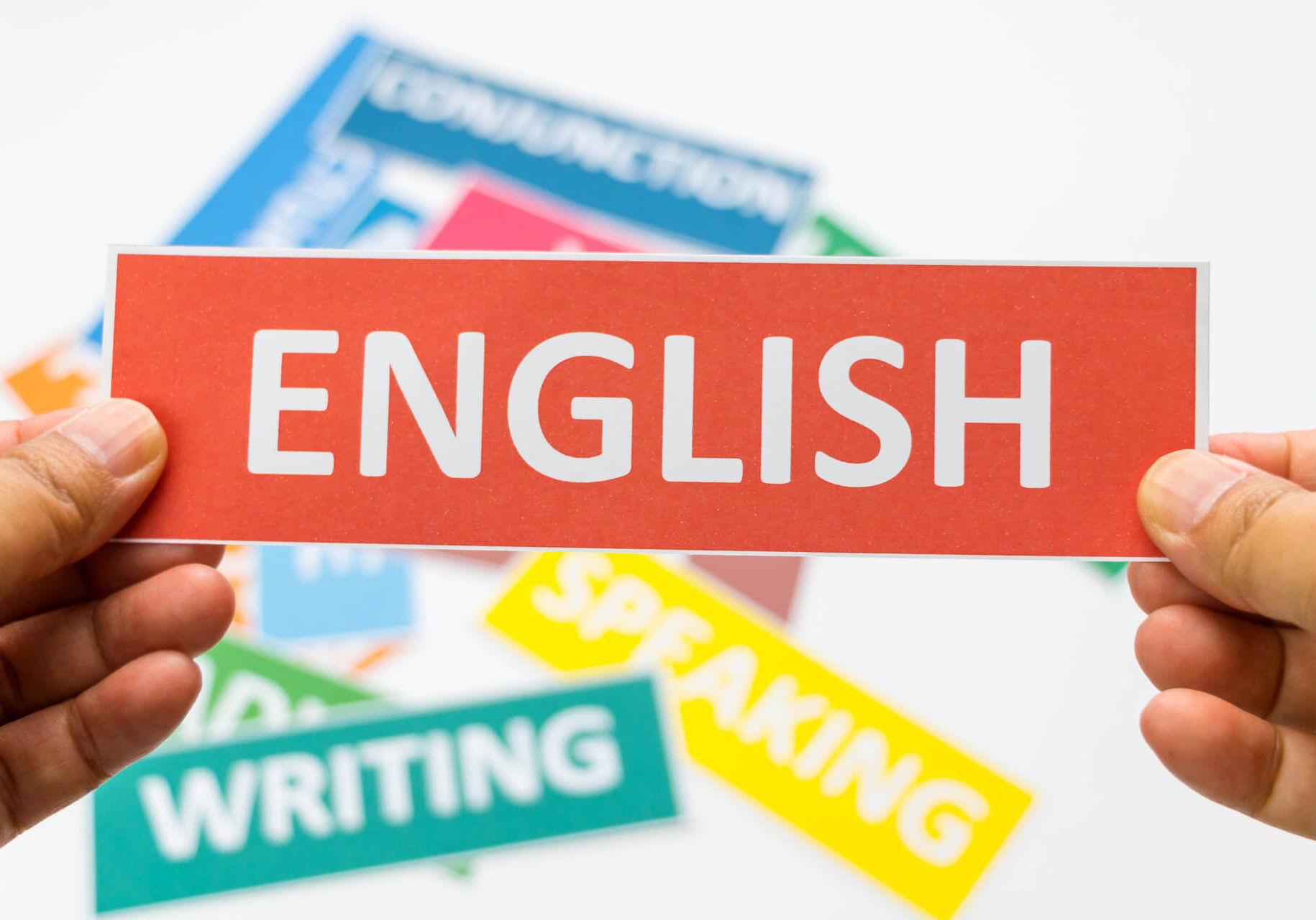Your USA Study Visa Guide: IELTS and Beyond – Your Key Questions Answered!

Without IELTS:
Q1: Can I study in the USA without taking the IELTS exam?
A1: Absolutely, many universities in the USA offer alternatives to the IELTS exam for proving your English proficiency. You might consider exams like TOEFL, PTE, or Duolingo English Test. Each university has its own set of accepted exams, so it’s best to check with the specific institutions you’re interested in.
Q2: Are there universities in the USA that accept students without IELTS?
A2: Yes, several universities in the USA have flexible admission criteria and accept students without an IELTS score. They often consider your academic performance, English-medium education background, or other English language test scores instead.
Q3: How can I prove my English proficiency if I’m not taking the IELTS exam?
A3: If you choose not to take the IELTS exam, you can showcase your English skills through other recognized tests like TOEFL, PTE, or the Duolingo English Test. Additionally, if you’ve had prior education in English-medium institutions, some universities might waive the English language test requirement.
Q4: Will applying without IELTS affect my chances of getting a scholarship?
A4: Applying without IELTS doesn’t necessarily affect your scholarship opportunities. Scholarships are often based on academic achievements, extracurricular activities, and other factors. However, some specific scholarships might require English language proficiency, so it’s wise to check the scholarship requirements.
Q5: What are the alternatives to IELTS for studying in the USA?
A5: Apart from IELTS, you can consider other English language proficiency tests like TOEFL, PTE, or the Duolingo English Test. Each test is widely accepted by various universities and can help you showcase your language skills.
Q6: Are there specific programs or universities that don’t require IELTS for admission?
A6: Yes, some universities offer conditional admission for students who meet other criteria but don’t have an IELTS score. These institutions assess your language skills through other means, such as interviews or additional English courses upon arrival.
Q7: Can I prove my English proficiency through prior education in English-medium schools?
A7: Absolutely, some universities may waive the English language test requirement if you’ve completed your previous education in English-medium institutions. This can vary, so check the policies of your desired universities.
Q8: How do I apply to US universities without an IELTS score?
A8: To apply without an IELTS score, you’ll typically need to submit alternative English language test scores or demonstrate your English proficiency through other means. Make sure to carefully review the admission requirements of each university you’re interested in.
Q9: Can I apply for graduate programs without IELTS if I have work experience?
A9: Some universities might consider your professional experience as evidence of your English language proficiency. However, it’s important to confirm this with the universities directly, as policies can differ.
Q10: Are scholarships available for students applying without IELTS?
A10: Yes, universities often offer scholarships based on various criteria, including academic excellence and extracurricular achievements. Applying without IELTS shouldn’t impact your eligibility for scholarships, but you should review the specific scholarship requirements.
With IELTS:
Q1: What is the minimum IELTS score required for studying in the USA?
A1: The minimum IELTS score required varies among universities and programs. Generally, a score of around 6.5 or 7 is considered acceptable. It’s crucial to check the specific requirements of the institutions you’re interested in.
Q2: Can I apply for a US study visa with a score below the university’s IELTS requirement?
A2: While some universities might be flexible, it’s advisable to meet the university’s specified IELTS requirement. If your score is slightly lower, you could consider retaking the test to improve your chances of admission and visa approval.
Q3: How can a strong IELTS score improve my chances of getting a US student visa? A3: A high IELTS score showcases your language proficiency and can positively impact your visa application. It reflects your ability to communicate effectively, succeed academically, and adapt to the English-speaking environment in the USA.
Q4: Is my IELTS score valid indefinitely for US study visa applications?
A4: IELTS scores are typically valid for two years. If your score falls within this timeframe, you can use it for your US study visa application. However, it’s advisable to double-check the validity period with the specific institutions and the US Embassy or Consulate.
Q5: How important is the IELTS score in the US student visa application process?
A5: The IELTS score is a crucial part of your US student visa application, as it demonstrates your English language proficiency. A strong score can enhance your credibility and increase your chances of visa approval.
Q6: Can I take the US student visa application even if my IELTS score is slightly lower than required?
A6: While some flexibility might exist, it’s advisable to meet the university’s specified IELTS requirement. If your score is slightly lower, you could consider retaking the test to improve your chances of admission and visa approval.
Q7: Can I use my good IELTS score to apply for multiple universities in the USA?
A7: Yes, your IELTS score is typically valid for multiple university applications. You can send your scores to the universities you’re interested in, and they will consider it as part of your application.
Q8: What resources are available to help me prepare for the IELTS exam?
A8: There are numerous resources available, including online practice tests, study guides, and preparatory courses. You can also consider IELTS coaching centers to receive personalized guidance.
Q9: Are there IELTS score requirements specific to certain programs or universities? A9: Yes, different programs and universities may have varying IELTS score requirements. It’s essential to research and understand the specific requirements for your desired course of study.
Q10: Can I waive the IELTS requirement if I’ve completed previous education in an English-speaking country?
A10: Yes, some universities may offer waivers if you’ve studied in an English-speaking country. However, policies vary, so it’s best to confirm directly with the universities you’re applying to.





